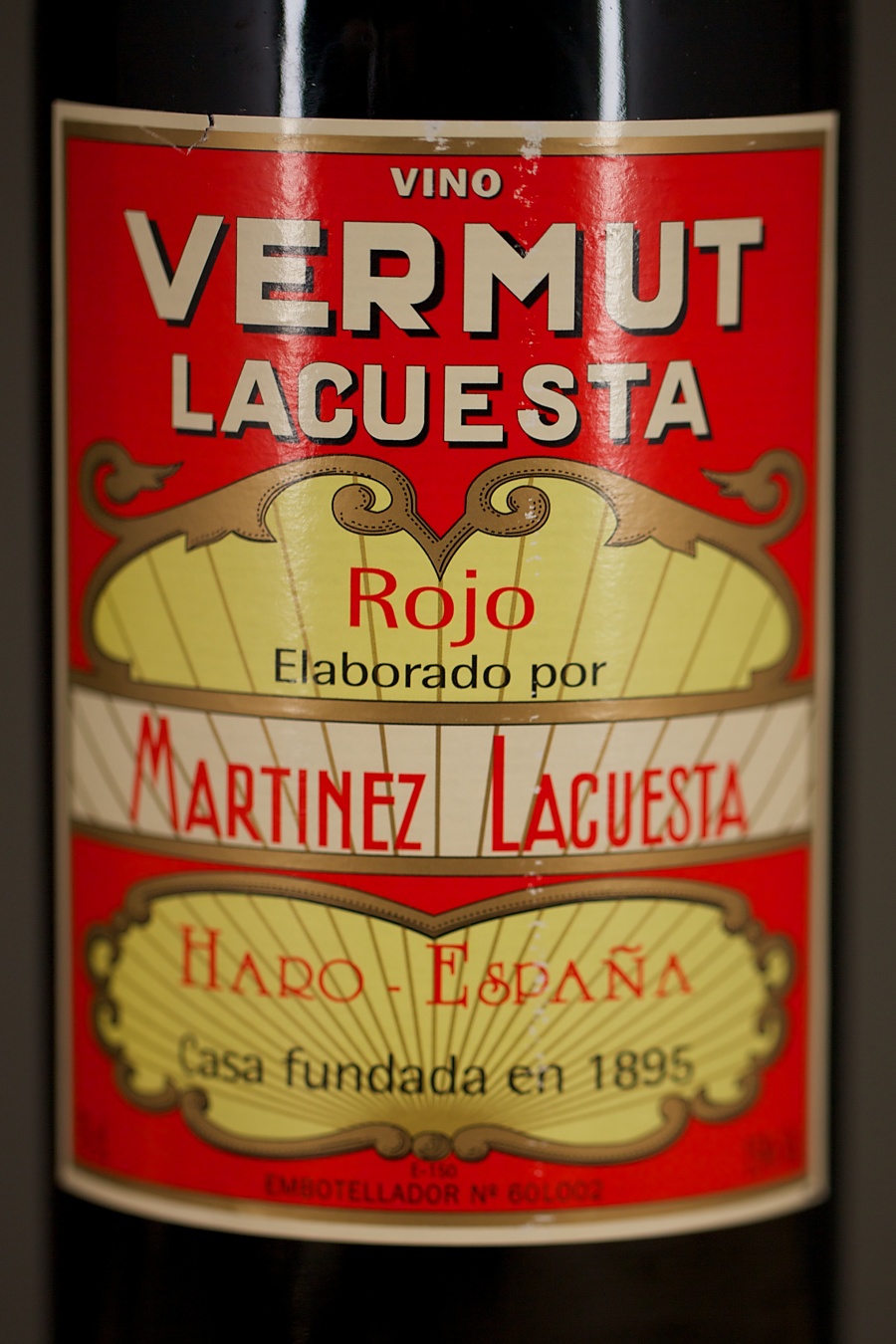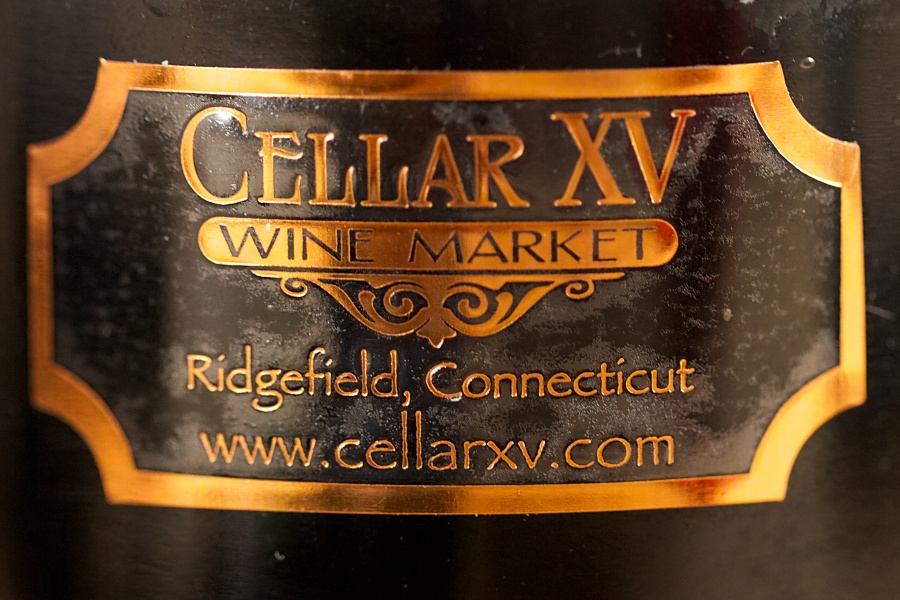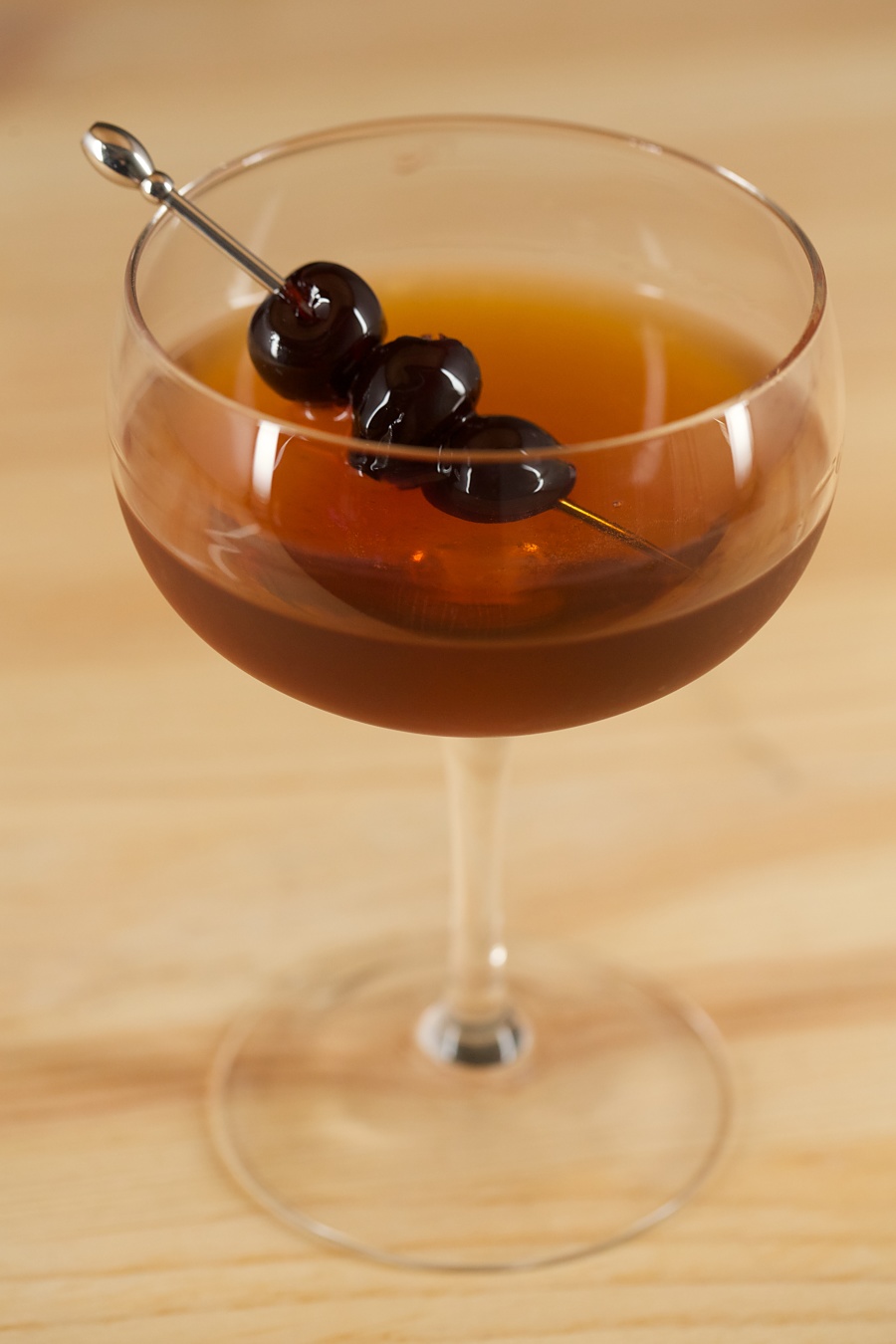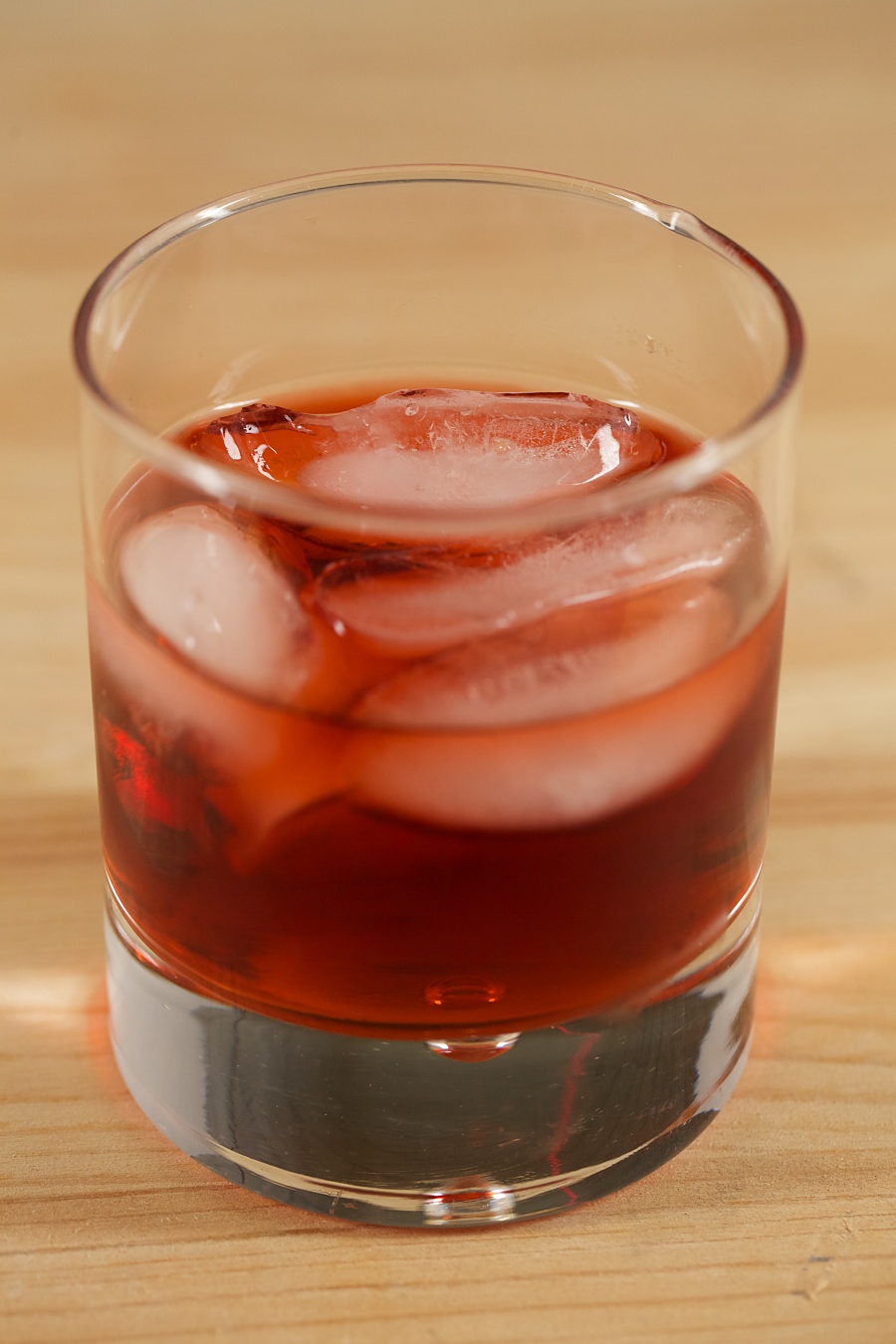Martínez Lacuesta is a Spanish winery with a production approaching 100,000 cases a year. They produce a wide variety of red wines along with a white wine.

In addition to producing wine, Martínez Lacuesta produces a vermouth, and has been doing so since 1937. Compared to some of the best Italian and French vermouths, this may not seem very long (Carpano Antica Formula dates to the 18th century, Dolin to the 19th centurty), but I have a lot of respect for a vermouth with three quarters of a century’s worth of history.

Full disclosure: I was fortunate to receive a bottle of this vermouth from Doug Thompson at Cellar XV. It probably comes as no surprise that I recommend visiting his shop if you’re near Ridgefield!
Arguably there’s more information about how this vermouth is made than some of the more well-known brands. The winemaker describes it as being hand made since 1938. The herbal extracts and botanicals are aged in American oak (as is tradition for many Spanish wines). These aged extracts are then added to a white base wine along with sugar, citric acid, caramel, and alcohol.

While I cannot speak for how many other vermouths are produced, the result in this vermouth is distinct. It has a heavy vanilla characteristic from the American oak. The caramel component is quite strong. The effect of the citric acid is pronounced, perhaps more than in any other vermouth I’ve tried. While pleasant to drink neat, the citrus component is somewhat overwhelming by itself.

In a Manhattan, the heavy oak characteristic works well. It produces a lot of the same characteristic flavors of a barrel-aged Manhattan without the barrel aging.

In a Campari negroni, the balance is decent. The vermouth doesn’t overwhelm the Campari or the gin. There’s nothing wrong, but there’s nothing really special, either. The citrus makes the beverage a little brighter than I’m accustomed to.

Switching to Gran Classico, the sweetness and herbal characteristics really start to have a rather nice interplay. The balance is synergistic, with the caramel notes coming out quite well. It may be that the only better vermouth for a Gran Classico Negroni is Carpano Antica Formula.
For consumption neat or with a twist, this is not my favorite vermouth, but it makes an excellent mixing vermouth. It is vastly superior to most sweet vermouths, taking a backseat only to Carpano Antica Formula and Cocchi Vermouth di Torino. Definitely worth checking out if you get a chance.

